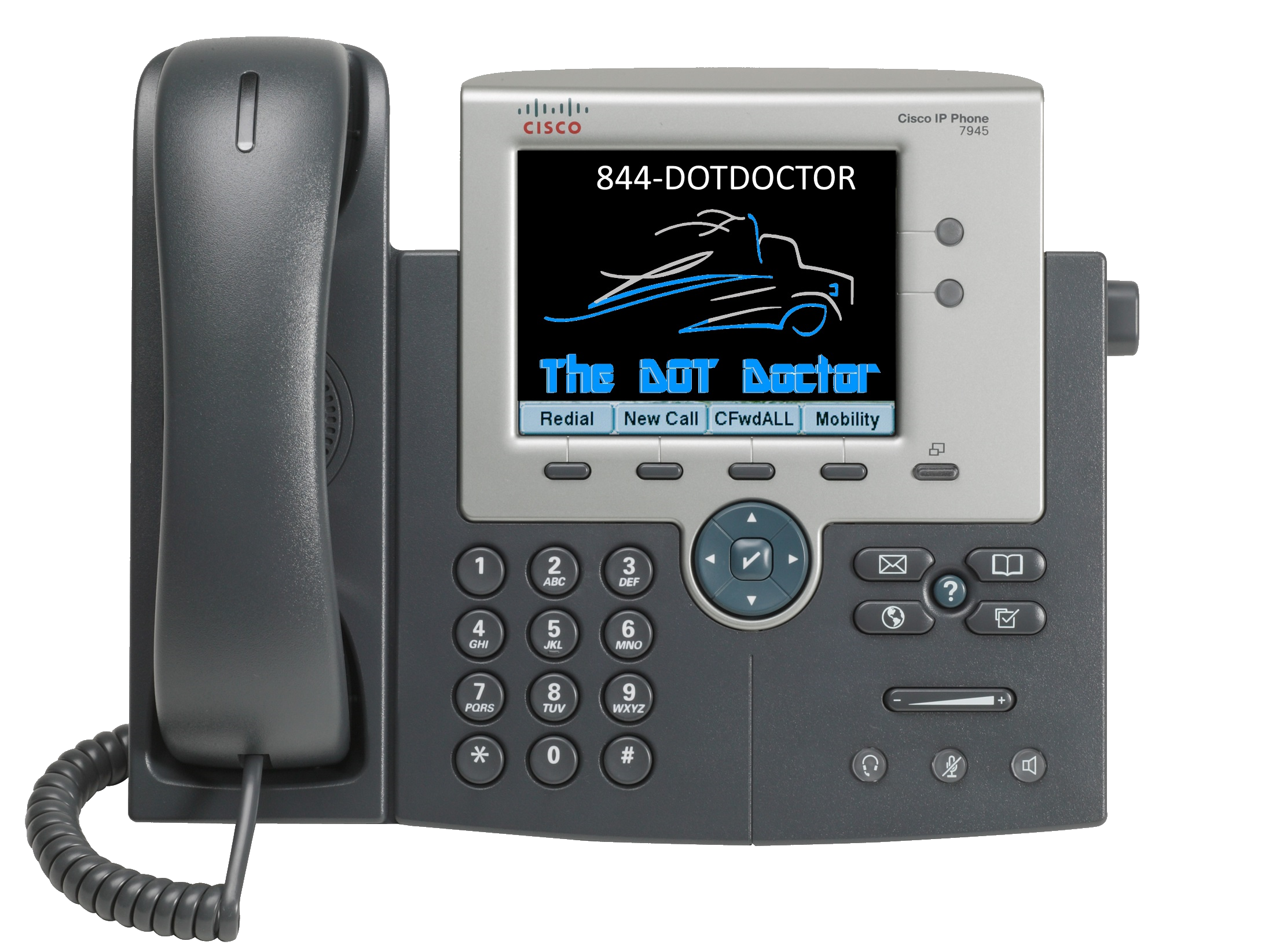|
|
|
|
|
 |
TOTAL FACES CRIMINAL CHARGES OVER BUNCEFIELD BLAST UK, LONDON, DECEMBER 3 2008.
TOTAL FACES CRIMINAL CHARGES OVER BUNCEFIELD BLAST
By: Michael Herman & Alex Spence
Total, the French oil giant, and four other companies are facing criminal prosecution over Britain's biggest peacetime explosion, the Environment Agency said today. The agency has commenced proceedings with the Health and Safety Executive over the blast at the Buncefield oil storage depot in Hertfordshire in December 2005, which injured 43 people. Five companies will make an initial appearance at the West Hertfordshire Magistrate's Court in Watford on January 23, including Total's UK arm and Hertfordshire Oil Storage Limited (HOSL), the operator of the Buncefield depot, which Total co-owns with Chevron, the US oil company.
The Environment Agency said it had commenced proceedings after a "thorough and complex criminal investigation" but declined to comment further. The two agencies, which are jointly responsible for regulating major non-nuclear hazardous industrial sites in the UK, established a committee to investigate the incident, headed by Lord Newton of Braintree, the Conservative peer. Today the agencies announced that Total is facing three charges — failing to ensure the health, safety and welfare of its employees; failing to protect persons not in their employment; and causing pollution to ground water in the vicinity of the plant.
HOSL is facing two charges: failing to protect a major accident and limiting its consequences to persons and the environment; and polluting ground water. In a statement, Total said: “We are taking legal advice in relation to these proceedings. Once all the relevant papers have been served, we will consider our position further.”
British Pipeline Agency, an engineering services provider, TAV Engineering, which manufactured an allegedly defective safety switch, and Motherwell Control Systems, which manufactures monitoring systems, are also facing charges. The companies face unlimited fines if they deny the charges and are subsequently found guilty at trial. If they plead guilty early on, the fines could be as low as £5,000. Total and HOSL are also facing a separate civil lawsuit over the Buncefield explosion in which hundreds of businesses, insurance companies and local residents are claiming around £700 million in damages.
That case, which began in October, is ongoing although the claimants moved a significant step closer to receiving compensation when Total admitted early on in the trial that the fire was the result of negligence. A substantial chunk of the trial has been devoted to a dispute between Total and Chevron over who should compensate the Buncefield victims. Although the two oil giants were joint owners of HOSL, Buncefield’s operating company, Chevron claims it was a silent partner and should not be liable for damages.
Original Story: http://business.timesonline.co.uk/tol/business/law/article5268763.ece
|  |
Protecting Your Ground Water Each year clean drinking water grows more scarce due to Global Warming. Maintaining a clean ground water source is extremely important. Contamination of ground water is a growing concern the world over. Ever spill, no matter how large or small, is a potential contaminate to the ground water. Improper handling of motor oil, petroleum products and even food stuffs such as yeast and sugars can create a hazardous condition to our water supply.
Food items create negative bacteria when they come in contact with a water supply thereby blocking oxygen consumption which in turns kills the life in the water. The continued effect creates a contaminated supply of drinking water that is not fit for consumption for human or animal alike.
Hazardous materials that enter our waters create pollution that quickly spreads the world around. Contaminates can come from stormwater run-off, acid rain, airborne sources, chemical spills, industrial spills, plant run-off and other sources of improperly managed facilities / equipment. Proper drainage plans during the construction phase can limit these contaminates from entering our waters. Post-construction planning allows for measures to be taken to prevent spills and run-off through a variety of measures such as grading of the property, "snakes" around a water grate, proper gutters and spouting on the building and other methods.
Every vehicle that is petroleum propelled pollutes our environment. This pollution is not just in CO2 emissions but in small leaks of oil and fluids as the vehicle travels from place to place. Every oil change is a potential spill waiting to happen. Oil that is not properly recycled is a contaminated source. Pouring oil down the storm drain or across weeds in the backyard is not proper disposal. Fines are high for mis-handling and spillage. Generally the EPA will start these fines at $10k.
When petroleum or other hazardous materials comes in contact with the earth, the ground has to be dug up until "virgin" soil is reached. This soil then is either replaced or placed on plastic to "dry out" for a period of months until it can be returned to the ground. When these substances come into contact with water, the effect is exponential. Oil, petroleum and similar substances spread quickly in the water covering miles in a very short time. Clean up is an extensive and expensive measure. Wildlife is killed and drinking water is contaminated. Recall Exxon's disaster in Alaska? The area still has not and never will fully recover!
As long as we continue to rely upon hazardous materials in our everyday life, contingency plans need to be made. Employers need to have MSDS sheets / books in place with easy access to all employees. Spill kits, properly equipped and labeled should be easily accessible at the workplace. (not a bad idea for a mini version for home especially with do-it-yourself handyman) Hazards need to be properly labeled and material on hand to inform all who come in contact on how to handle, store, clean-up and what that particular hazard may or may not come in contact with. Stormwater run off plans, especially in CA, are gaining popularity. Are you stormwater compliant? Will you pass a pop inspection?
Let the DOT Doctor conduct a mock inspection of your facility. We can draw up a stormwater plan and put it into action for your company. Let us train your supervisor and/or employees on proper stormwater management. Be prepared for the inspection. Avoid fines! Contact The DOT Doctor today for pricing and availability. Ask about spill kits and other needed supplies. The DOT Doctor can create a MSDS reference book catered to your company's individual needs.
|
|
800# is no longer in operations.
Please dial direct at: 903-910-9075

With the small profit margin, while pay unnecessary fines? TDD can help!
|
Site Mailing List
Sign Guest Book
View Guest Book
TDD: Compliance, Business, Logistics and Risk Management Services, Financial Analysis and Tax Filing The DOT Doctor
USA, Mexico and Canada
 1- 903-910-9009 US Services 1- 903-910-9009 US Services
1-903-910-9075 Mexico/Canada Services
 info@thedotdoctor.com info@thedotdoctor.com
Copyright © 2017 by The DOT Doctor
All rights reserved. No part of this publication may be reproduced or transmitted in any form or by any means, electronic, or mechanical, including photocopying, recording, or by any information storage and retrieval system, without permission in writing from the publisher.
Published by:
The DOT Doctor
Email: Webmaster@thedotdoctor.com
Website: http://thedotdoctor.com
Free SEO Tools
Search Engine Submission - AddMe
Google+
|
|
|
|
|
|
|














